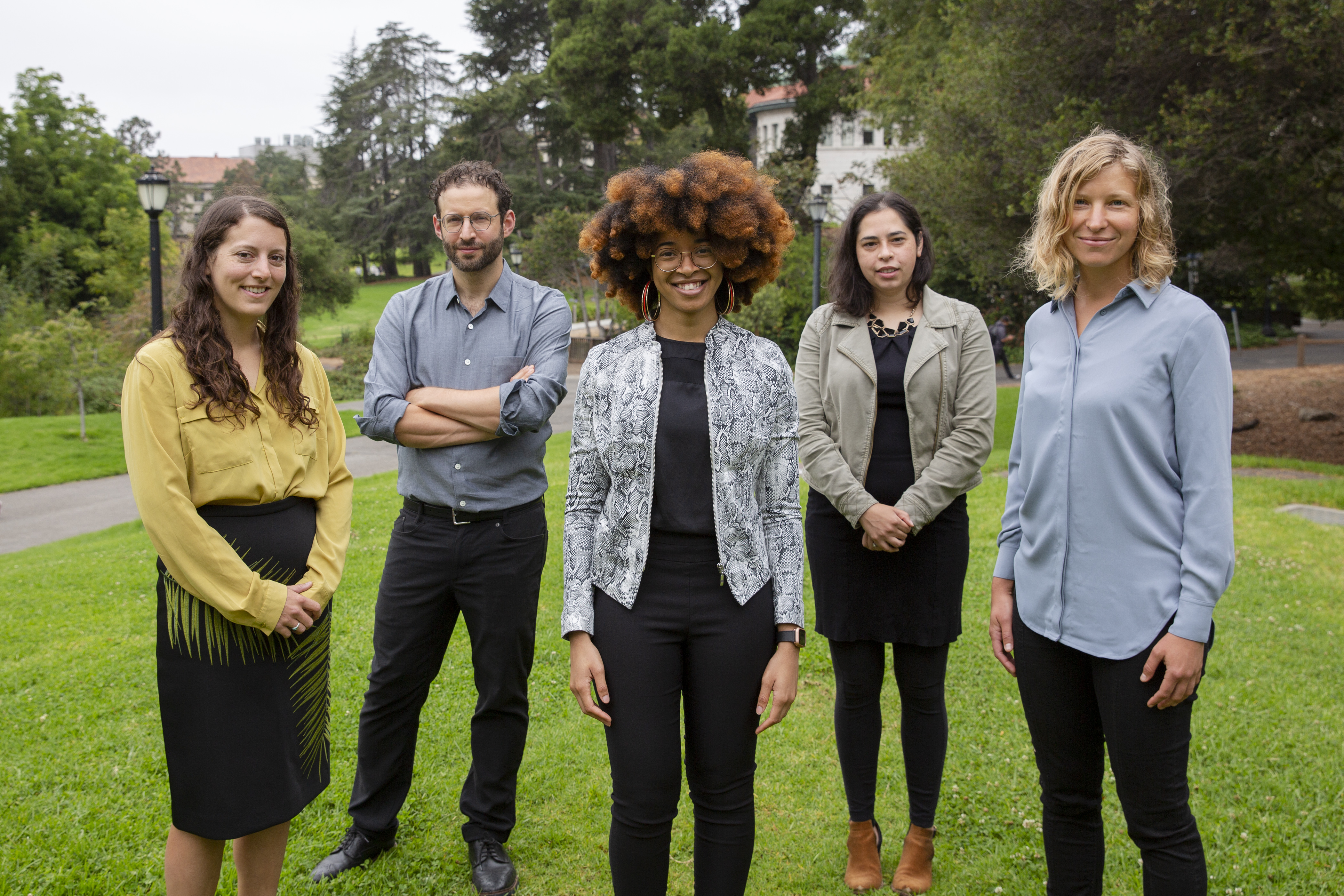
(Left to right) Meg Mills-Novoa, Daniel Aldana Cohen, Maya Carrasquillo, Danielle Zoe Rivera, and Zoé Hamstead. Photo by Brittany Hosea-Small.
As human-caused climate change transforms the physical world—and increasingly, our society—its impacts disproportionately affect marginalized and vulnerable groups due to historical, systemic inequities and global economic trends. This “climate gap” is widely recognized but has not received widespread academic attention. Rausser College of Natural Resources is among several colleges on campus bolstering its research in the areas of climate mitigation, adaptation, and sustainable development with an equity and environmental justice lens.
A group of new faculty members—recruited through the campus-wide Climate Equity and Environmental Justice cluster initiative that Rausser College led over the past two years—will strengthen research efforts in this important area. This hiring initiative is one of six in various stages at Berkeley.
While their specific disciplines vary, the incoming faculty in this cluster bring expertise within the fields of social equity and environmental sustainability, adaptation design and planning for climate justice, and climate forced migration. With academic specializations in Geography, Environmental Design, Planning, Sociology, Civil and Environmental Engineering, and Environmental Health, these faculty will provide an important equity focus in campus research and enhance both undergraduate and graduate education in the realms of climate change and environmental justice.
"For decades, Berkeley has been recognized worldwide as a center for social change leadership and progressive scholarship. It is imperative that we take up the challenge to address the greatest issues of our era, and to make an even larger commitment to climate equity and environmental justice,” said Chancellor Carol Christ. “This Climate Equity and Environmental Justice faculty cluster hire is a meaningful step in that direction."
“The field of Environmental Justice was first established in the 1980s and has deep roots at Berkeley, though scholarship around climate equity has emerged relatively recently,” said David Ackerly, dean of the College. “I am very excited that the College, and Berkeley as a whole, is taking up the call and advancing critical scholarship in this emergent field.”
A Roundtable on Climate and Environmental Justice—an intellectual community composed of the newly hired and existing faculty working in the areas of environmental justice and climate equity—will meet regularly to collaborate, share research, and develop joint initiatives. Research centers and programs on campus that will be involved in the roundtable include the Berkeley Food Institute, the Center for Law, Energy & the Environment and the Environmental Law Clinic at Berkeley Law, the Othering & Belonging Institute, the Institute of Urban and Regional Development, the Berkeley Interdisciplinary Migration Initiative, and Innovations at the Nexus of Food, Energy, and Water Systems at the Blum Center.
Rausser College is also pleased to have received support from generous donors in support of the roundtable’s activities and associated graduate student research.
A faculty advisory council with representation from various departments at Berkeley will advise the roundtable and support the group's goal of facilitating dialogue across campus and campus-community engagement. From Rausser College, professor of energy and resources Dan Kammen and professor of environmental science, policy, and management and public health Rachel Morello-Frosch serve on the advisory council.
“The excitement generated by the call for applications for this cluster hire reflects the importance of this growing discipline,” said Morello-Frosch, who chaired the executive committee overseeing the search process. “It was incredibly exciting to see so many exceptional applications; that speaks to an outstanding generation of emerging scholars in the field.”
“It is clear that we cannot solve the climate crisis without social justice, and we cannot address social injustices without recognizing the role of climate,” said Kammen, who chairs the roundtable and is also a professor of public policy and nuclear engineering. “These new climate and justice scholars will usher in both stronger scholarship and significant social impact in these areas.”
Advancing research in climate equity and environmental justice
The following tenure-track assistant professors joined the University on July 1, 2021, or will arrive in the spring semester:
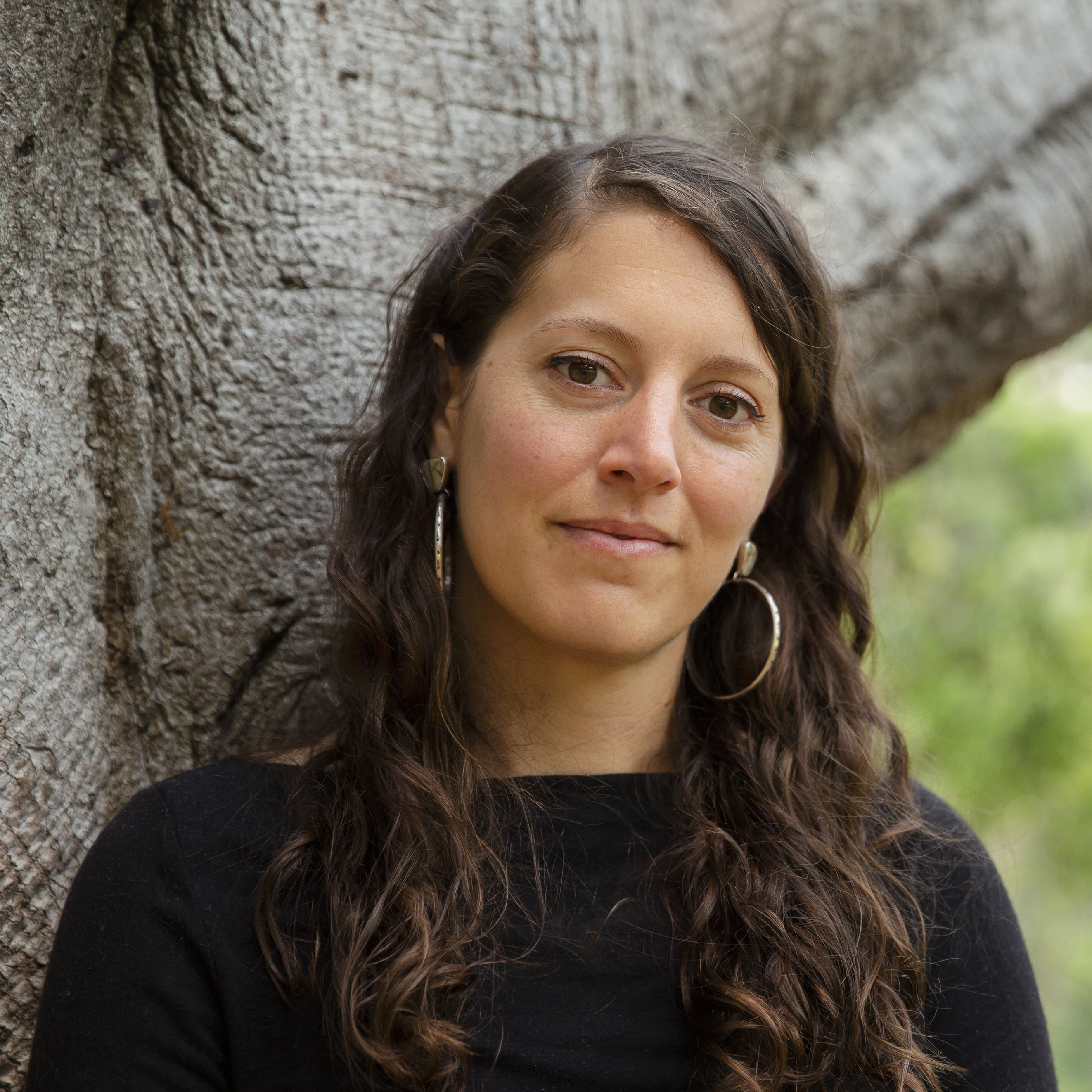
Photo by Brittany Hosea-Small.
Meg Mills-Novoa holds dual appointments in the Department of Environmental Science, Policy, and Management and in the Energy and Resources Group. Mills-Novoa recently received her PhD from the School of Geography, Development, and the Environment at the University of Arizona, where she researched the enduring impact of climate change adaptation projects on the landscapes and livelihoods of communities in the Andes mountains. Her work informs the design and implementation of adaptation projects that equitably respond to climate change impacts. Mills-Novoa has worked as a climate adaptation scholar and practitioner for over a decade in the United States, Chile, Peru, Ecuador, and Vietnam.
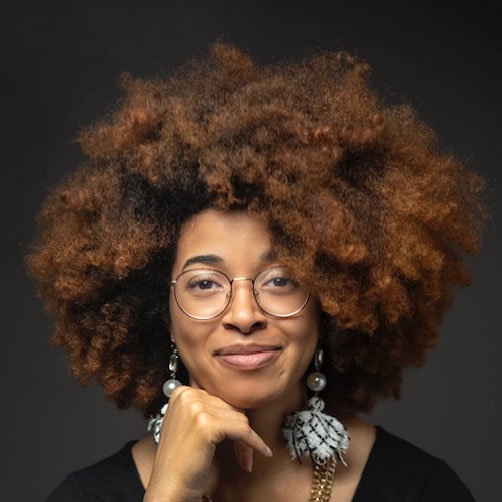
Photo by Christopher Moore.
Maya Carrasquillo joins the faculty of the Department of Civil and Environmental Engineering in the College of Engineering and is the Principal Investigator of the J.E.D.I. (L)ab (Just, Equitable, Diverse, Inclusive and Liberatory Lab). She was previously a management consultant in the Water Business Line with Arcadis U.S., a design and engineering consultancy firm. Her research involves applying an interdisciplinary, community-based approach to develop decision-making tools for equitable stormwater management in East Tampa, Florida, a predominantly African American community. During her Ph.D. studies, she participated in the National Science Foundation Innovation Corps Program and developed a business model to support economic and workforce opportunities through green infrastructure design and implementation. More broadly, her research interests include the intersection of equity and justice in engineering, for the planning and implementation of critical infrastructure.
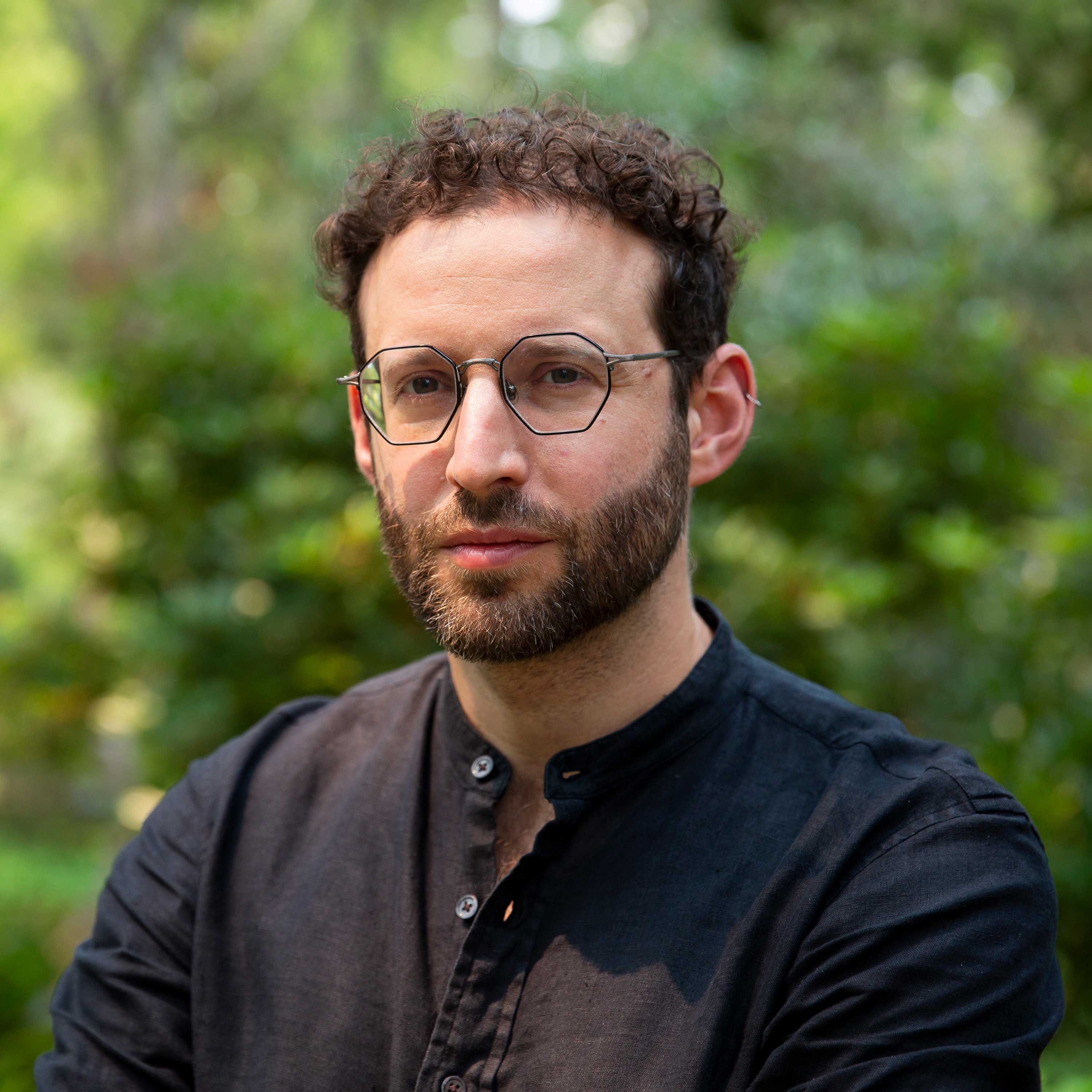
Photo by Brittany Hosea-Small
Daniel Aldana Cohen joins the Department of Sociology in the College of Letters & Science Social Sciences Division. He was previously an assistant professor of sociology at the University of Pennsylvania, where he directed the Socio-Spatial Climate Collaborative and co-directed the climate + community project, initiatives that he will continue to lead at Berkeley. From 2021-23, he is serving as a CIFAR Azrieli Global Scholar. He researches the politics of climate change, including its intersections with housing, political economy, social movements, and inequalities of race and class in the U.S. and Brazil. He is the co-author of the book A Planet to Win: Why We Need a Green Deal. He has led research supporting federal legislation including the Green New Deal for Public Housing and the Green New Deal for Public Schools. His research and writing have appeared in such publications as Nature, Environmental Politics, Public Culture, The Guardian, TIME, The Nation, Jacobin, and Dissent.
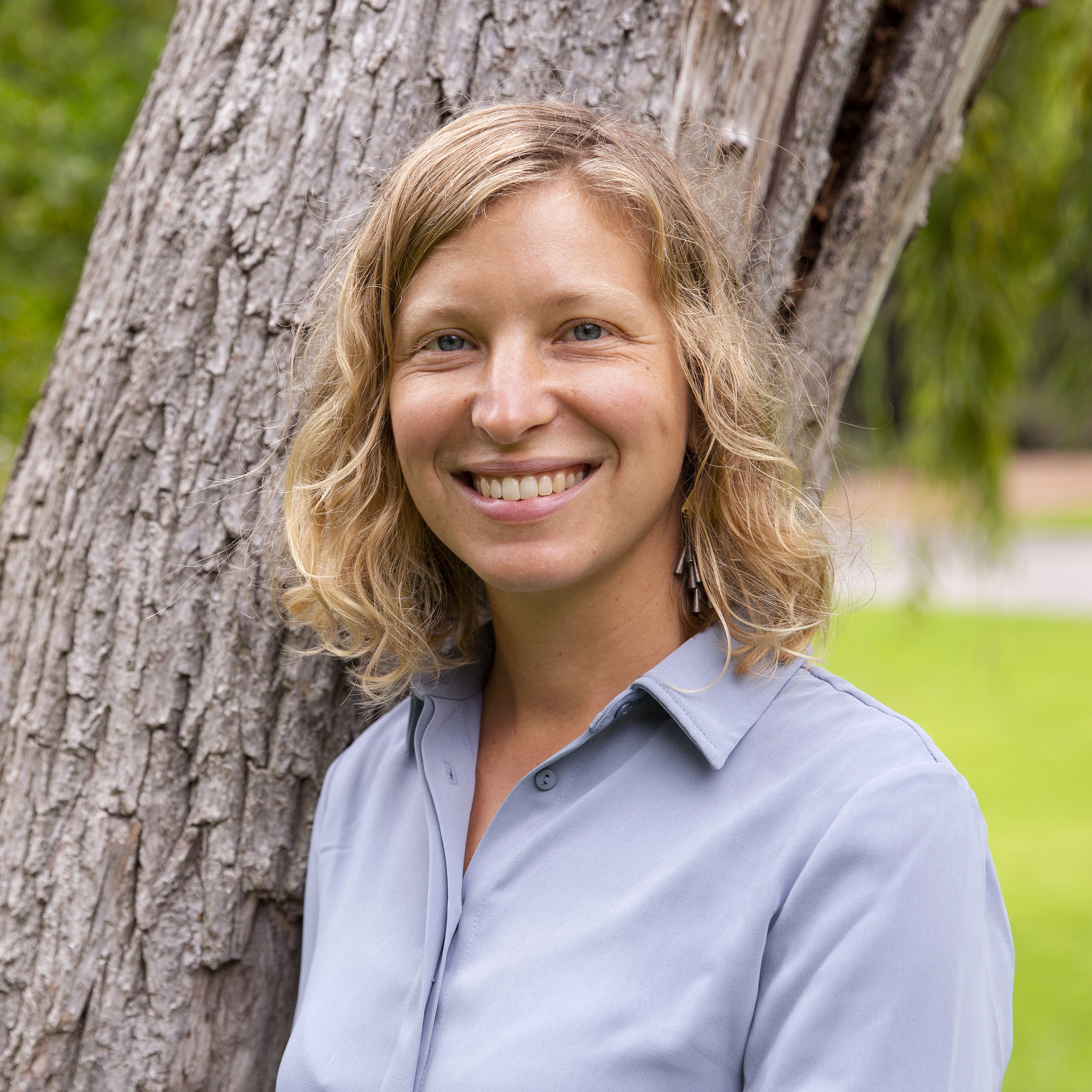
Photo by Brittany Hosea-Small
Zoé Hamstead joins the Department of City and Regional Planning in the College of Environmental Design. She was previously an assistant professor of environmental planning and founding director of the Community Resilience Lab at the State University of New York at Buffalo. Through a mixed-methods, interdisciplinary "Critical Heat Studies" agenda, she focuses on understanding how climate change-exacerbated heat is produced in urban physical and institutional spaces, and how urban designers can address heat as a critical environmental and racial burden. Her research has supported climate planning efforts in cities across the Americas, and it has been published in planning and interdisciplinary journals including Landscape & Urban Planning, Ecology & Society, Environment & Planning, Computers, Environment and Urban Systems, and Ecological Indicators, among others.

Photo by Brittany Hosea-Small
Danielle Zoe Rivera, previously an assistant professor of Environmental Design at the University of Colorado, Boulder, joins the Department of Landscape Architecture and Environmental Planning in the College of Environmental Design. Her research examines movements for environmental and climate justice in low-income Mexican American and Puerto Rican communities. Her current work uses community-based research methods to address the impacts of climate-induced disasters affecting low-income communities throughout South Texas and Puerto Rico. Rivera teaches courses on environmental planning and design, community engagement, and environmental justice.
Recruitment of an additional faculty member with tenure, who will provide further leadership for the roundtable, is forthcoming. In addition to the five faculty recruited directly through the cluster hire, the following new UC Berkeley faculty arriving on campus this fall or in the spring semester will also join the roundtable.
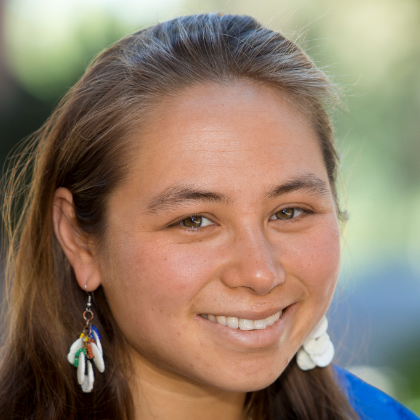
Laura Kwong, most recently a postdoctoral research fellow at Stanford University's Woods Institute for the Environment, conducts community-engaged research into child and maternal health and environmental issues in low-income countries, humanitarian situations, and other low-resource settings. Her research interests include infectious disease, air pollution, climate resilience, and sanitation and hygiene. She joins the School of Public Health this semester.

Ajay Pillarisetti, currently an assistant professor of public health at Emory University and also an alumnus of the Berkeley School of Public Health, researches how household energy use impacts human health, the environment, and the climate. In particular, he investigates pollution exposure, and how low-cost sensor technologies can enhance monitoring, evaluation, and control of environmental pollutants. He will join the School of Public Health in January 2022.
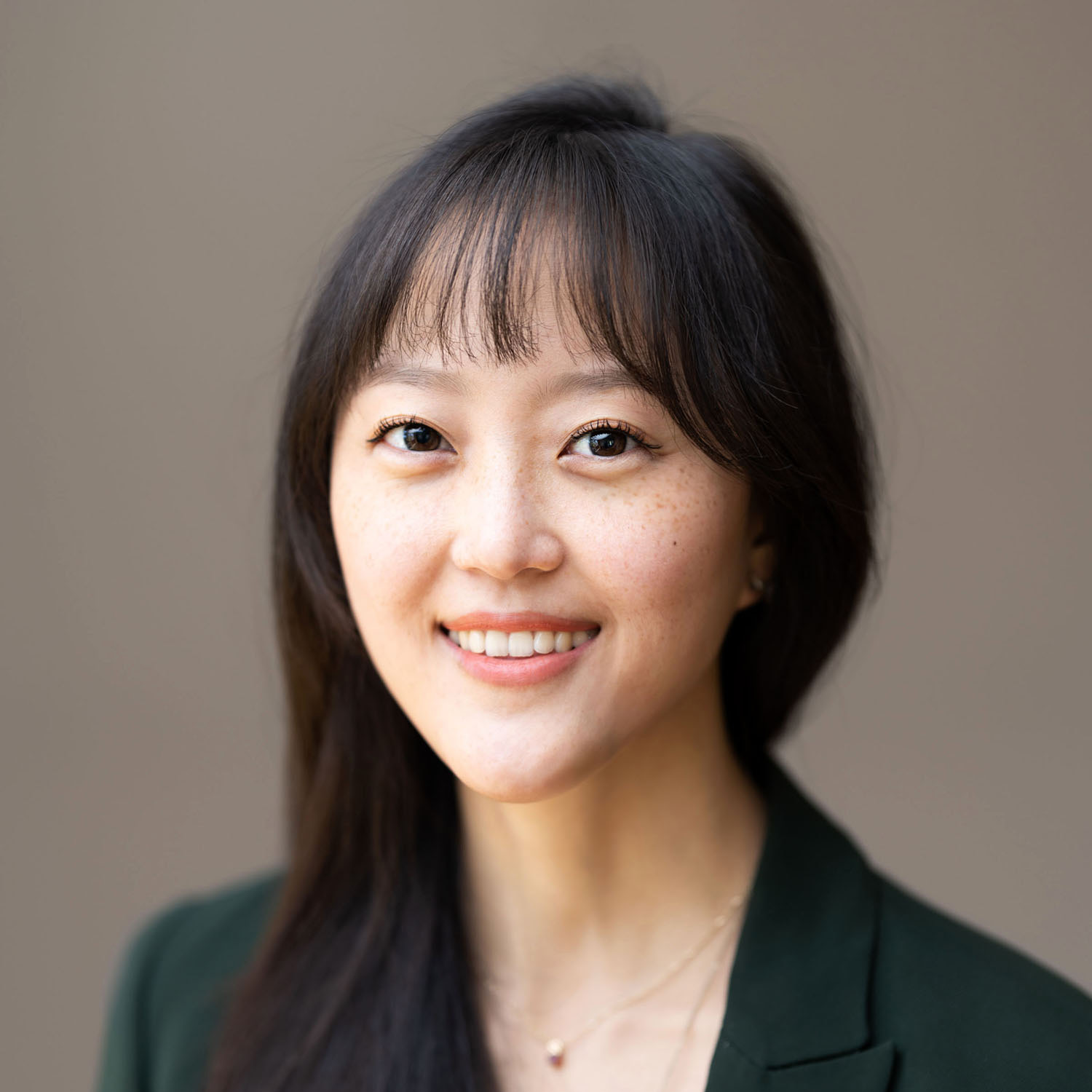
Photo by Matthew Lock Wong.
Youjin Chung joined the Department of Environmental Science, Policy, and Management and the Energy & Resources Group through a separate departmental Equity and Sustainability faculty search in 2020. Her research brings together critical development studies, political ecology, food and agrarian studies, science and technology studies, and African studies from a feminist and post-colonial perspective. She uses ethnographic, historical, and participatory visual methods to examine the relationship between gender, intersectionality, development, and socio-environmental change in Tanzania and sub-Saharan Africa.
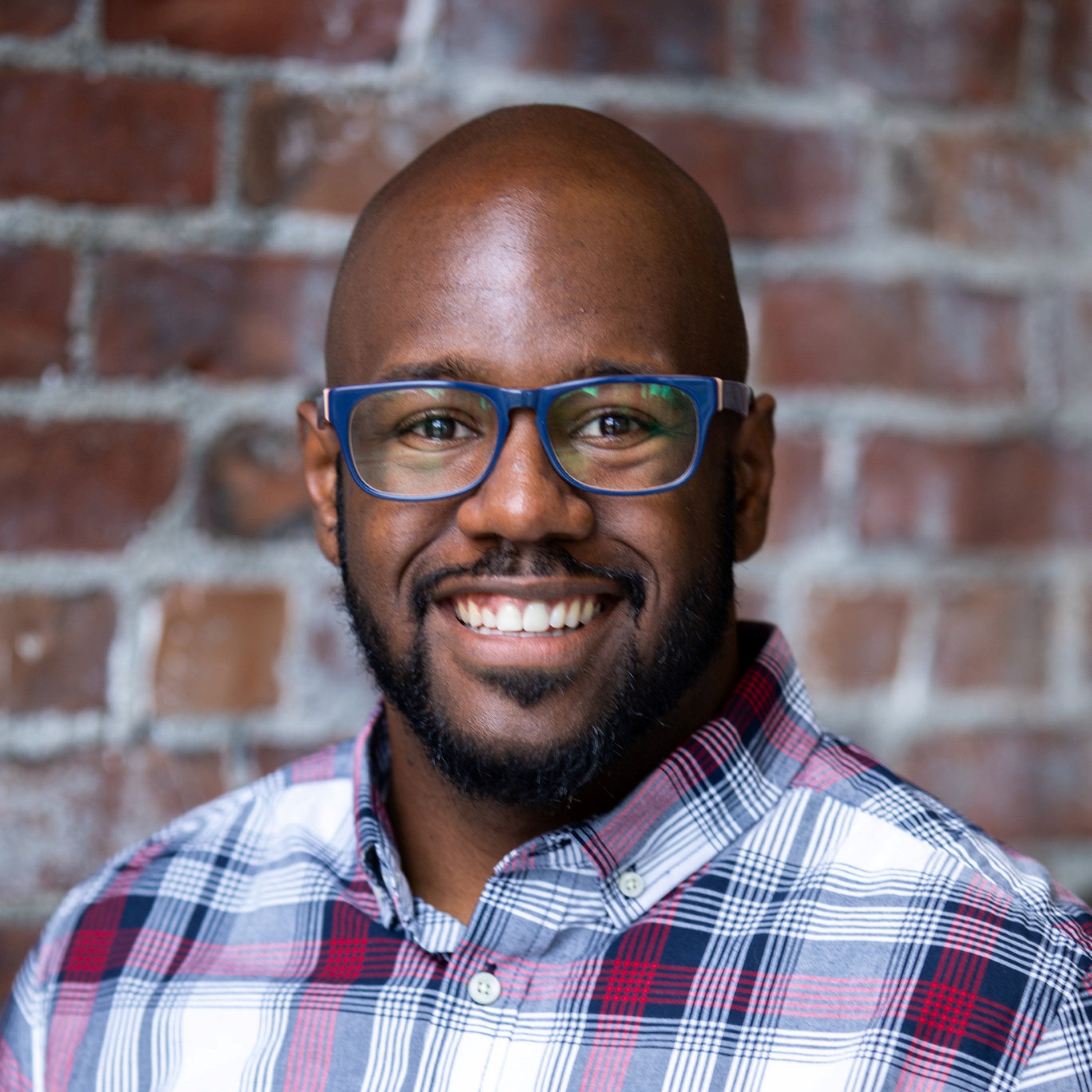
Christopher Schell joins the Department of Environmental Science, Policy, and Management. Most recently on the faculty at the University of Washington, Tacoma, his research incorporates urban ecology, animal behavior, physiology, and socio-eco-evo dynamics to investigate how cities shape human-wildlife interactions. In addition, his work investigates how social inequity—for example, socioeconomics, residential segregation, gentrification, and redlining—influences urban biological communities within and among cities.

Cesunica Ivey joins the Department of Civil and Environmental Engineering, where she leads the Air Quality Modeling and Exposure Lab. Before joining the Berkeley faculty, she was an assistant professor in UC Riverside’s Chemical and Environmental Engineering Department. Her research focuses on community-scale exposure to air pollution in the United States, as it relates to atmospheric modeling, data assimilation, exposure monitoring, and environmental justice applications, among other subjects.
